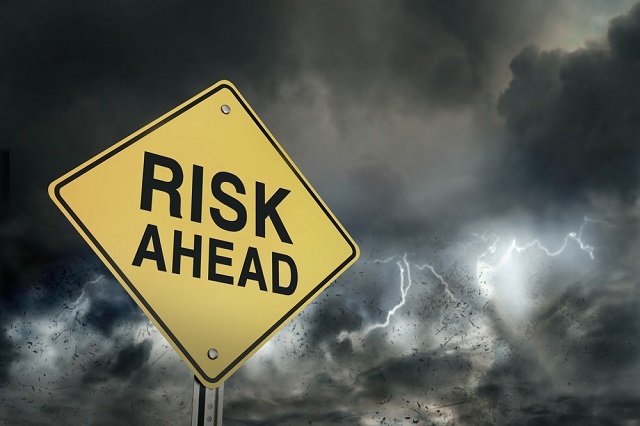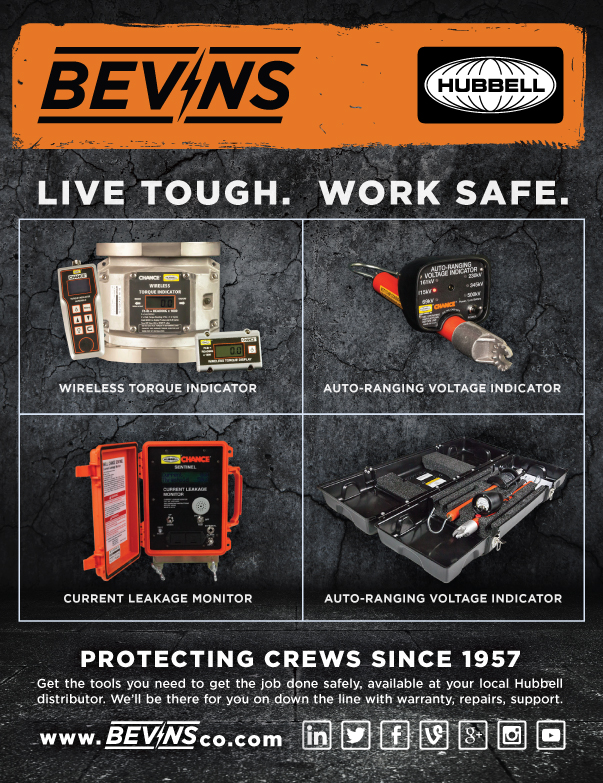
For most of us, the biggest risk we face at work is running low on coffee. An “accident” for most people doesn’t involve much real danger.
For electrical linemen, legitimate accidents occur. While excellence in safety education and equipment improves the conditions of power linework, the environment is dangerous by nature whether or not a culture of safety has been managed into place. For these brave men and women, the risks of injury and death go far beyond the level of normal.
What Real Danger Looks Like
Unchanging hazards include falls from great heights, burns and electrocution. But beyond these daily threats, nature offers another level of uncontrolled risk to the mix.
As we all know, damage to power lines often occurs during dangerous storms and in the dark of night. The threat of lightning strike, strong winds, and unexpected precipitation during electrical work creates an environment full of danger. Linemen learn quickly to pay attention to the details of safety regulations, and that the grid must be treated with great respect for them to get the job done safely.
The Highest Risk
Electricity threatens the life of every lineman every time he or she goes out into the field. And the danger goes beyond any most people will ever come near. Linemen have many “safe” methods in restoring power and maintaining the grid. But even the safest and most well-regulated procedures carry a high risk label.
And while linemen have gotten used to the idea, most people are unaware of the fact that many times the distribution lines are worked “hot” in order to prevent interruption in service. Any damage to a linemen’s safety equipment – including his insulated gloves – will result in serious burns or electrocution when he comes in contact with the live wires.
Some linemen are trained to work live lines barehanded from an insulated bucket truck or other means of isolating the worker from the ground. Others are specialized to work exceptionally high or remote power lines accessible only by helicopter. The risks in this line of work are so substantial and varied that it takes serious training just to understand how to protect yourself from serious injury or death, in addition to learning the skills required to do the job.
How We’re Minimizing Risk
Improved safety equipment in recent years – better harnesses, fire retardant clothing and better tools like our Wireless Torque Indicator – has cut down on injuries and fatalities. In fact, Bevins Co. has worked tirelessly to produce the safest and most effective products and tools for linemen. Why? Because we understand the substantial risk and extreme danger electrical linemen are exposed to every day.
We understand how they miss holidays, birthdays, family meals, and so much more to keep the lights for the rest of us. Their job may be one of the most dangerous, but with the number of annual deaths due to accidents on the job shrinking every year – we’re proud of the way they follow protocol, use the best, safest tools and keep the power flowing.
Thank you, linemen, for working hard whenever it’s required and for as long as it takes. And for staying safe in the process.
See your local Hubbell distributor for the latest tech!
